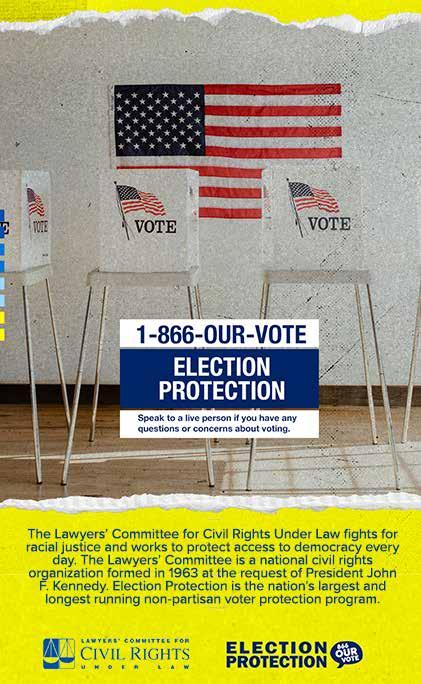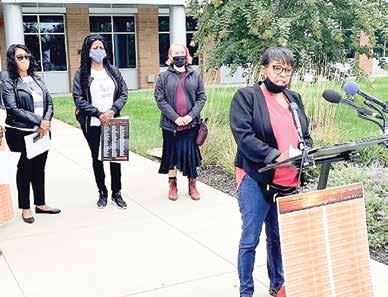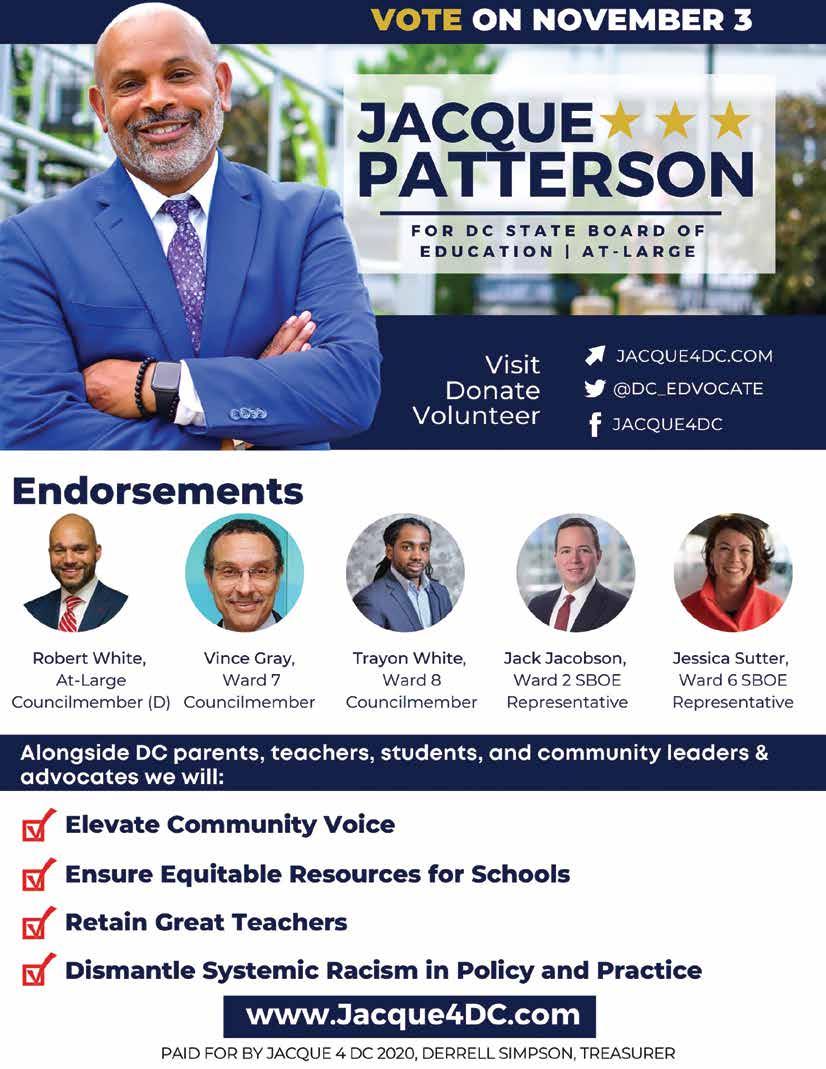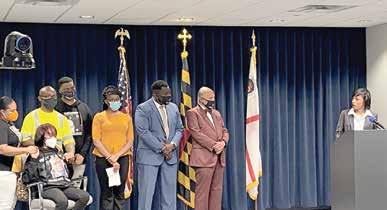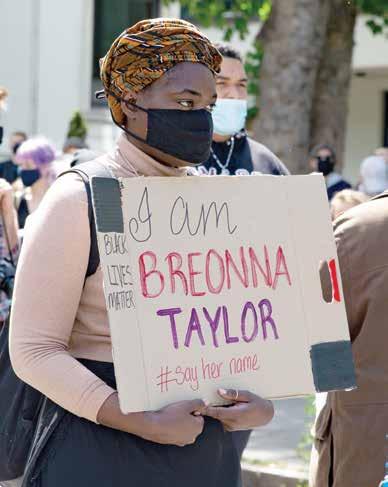Recent & Recommended Books for Election 2020 By Lee Ross WI Contributing Writer Among the great advantages of American citizenship are the rights and responsibilities associated with voting. Many outside the U.S. look in envy at the power and inclusion afforded under democratically elected leaders. Still, with highly polarized elections, key issues important in the process of electing officials take a backseat to sensationalized news stories, candidate popularity, and rumors. The Washington Informer encourages every American to vote as a function of their civic duty, their birthright, and their national obligation. To do so, you must be as informed about the issues facing your community, your state, and the nation – as well as those candidates who believe they are the best options for leading the charge and managing your concerns. The Ultimate Guide to the 2020 Election: 101 Nonpartisan Solutions to All the Issues that Matter by Ryan Clancy and Margaret White With the 2020 US presidential election looming, the emerging contest doesn’t seem so much a battle of ideas as it does a war of two tribes bent on the other’s destruction. The Far Left and Far Right increasingly dominate and drive America’s political debate, leaving a majority of Americans feeling left out and left behind. The Ultimate Guide to the 2020 Election gives a voice to this majority and provides an unbiased education on the true nature of the problems America faces on several key issues, including: Health Care, Energy & Climate Change, Infrastructure, Big Tech & Privacy, The American Dream, Immigration, The National Debt, and Gun Safety. Ryan Clancy and Margaret White present ideas for rescuing American democracy itself. Election Meltdown - Dirty Tricks, Distrust, and the Threat to American Democracy by Richard L. Hasen As the 2020 presidential campaign begins to take shape, there is widespread distrust of the fairness and accuracy of American elections. In this timely and accessible book, Richard L. Hasen uses riveting stories illustrating four factors increasing the mistrust. Voter suppression has escalated as a Republican tool aimed to depress turnout of likely Democratic voters, fueling suspicion. Pockets of incompetence in election administration, often in large cities controlled by Democrats, have created an opening to claims of unfairness. Old-fashioned and new-fangled dirty tricks, including foreign and domestic misinformation campaigns via social media, threaten electoral integrity. Inflammatory rhetoric about “stolen” elections super charges distrust among hardcore partisans. Home Rule or House Rule: Congress and the Erosion of Local Governance in the District of Columbia by Michael K. Fauntroy Article I, Section 8, Clause 17 of the Constitution of the United States grants Congress complete authority over the seat of government, the District of Columbia. This clause creates an infirmity that renders the residents of the District without the same measure of democracy enjoyed by Americans in the states. Various remedies have been attempted, none of which put the residents of the District on par with their fellow Americans. This book presents a political analysis of the relationship between Congress and the local government of Washington, D.C. It examines the influence of suburban members of Congress on District affairs, the fiscal crisis of the 1980s and 1990s, governmental inefficiency, and the Control Board. Democracy’s Capital: Black Political Power in Washington, D.C., 1960s–1970s by Lauren Pearlman From its 1790 founding until 1974, Washington, D.C.--capital of “the land of the free--lacked democratically elected city leadership. Fed up with governance dictated by white stakeholders, federal officials, and unelected representatives, local D.C. activists cata-
ES-5
lyzed a new phase of the fight for home rule. Amid the upheavals of the 1960s, they gave expression to the frustrations of black residents and wrestled for control of their city. Bringing together histories of the carceral and welfare states, as well as the civil rights and Black
Power movements, Lauren Pearlman narrates this struggle for self-determination in the nation’s capital. She captures the transition from black protest to black political power under the Lyndon Johnson and Richard Nixon administrations and against the backdrop of lo-
THE WASHINGTON INFORMER 2020 ELECTION SUPPLEMENT / www.washingtoninformer.com
cal battles over the War on Poverty and the War on Crime. As Pearlman reveals, this conflict laid the foundation for the next fifty years of D.C. governance, connecting issues of civil rights, law and order, and urban renewal. ES

